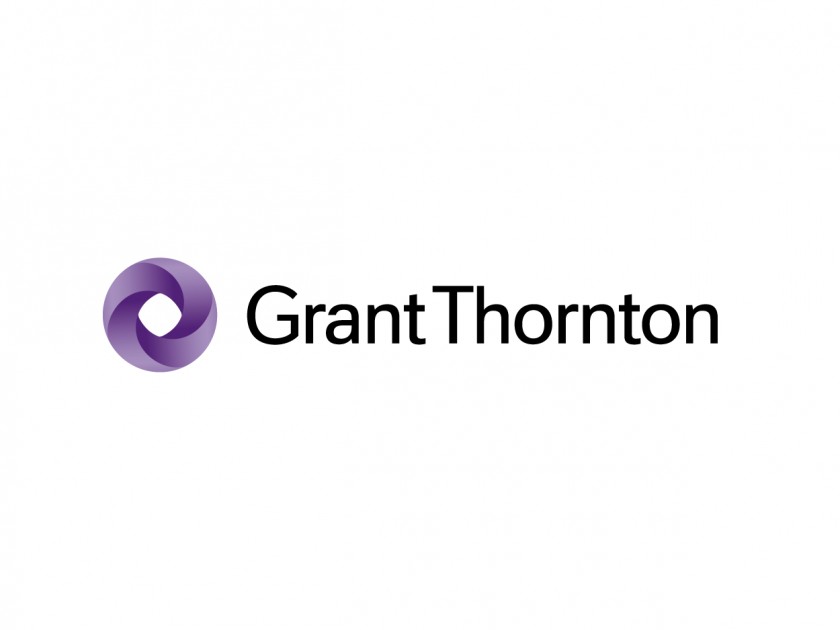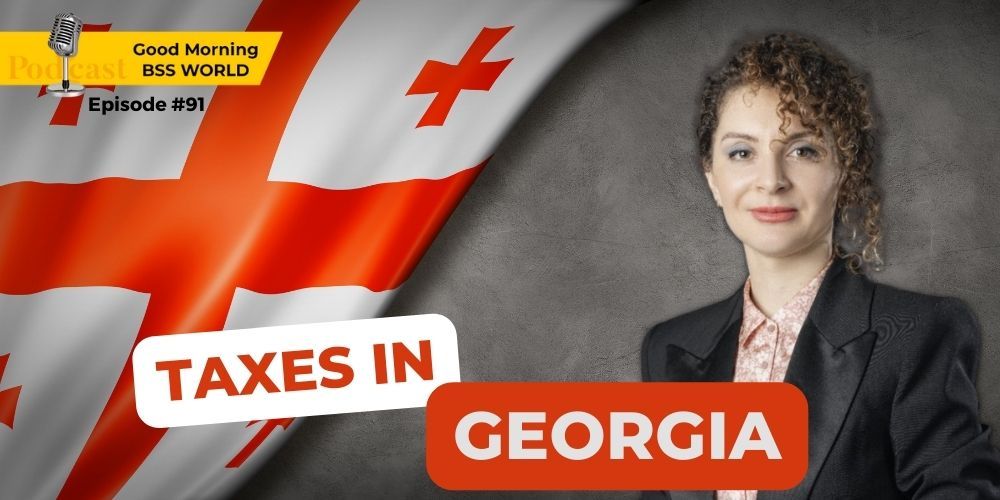Good to know - TOP 17 changes in taxes for 2021
Significant changes in taxation coming into effect in 2021 will make 2020, the year they were enacted, memorable not only due to the SARS-CoV-2 outbreak. Many in the Polish business community may remember 2020 for the unexpected and sudden decision to impose CIT on limited partnerships; while for Poles paying taxes in Poland and earning income abroad, it will be the elimination of tax relief on income earned abroad (the so-called abolition relief).
What are we in for in 2021 with regard to taxes?
The epidemic deferred the introduction of some changes in tax settlements and delayed many responsibilities, but not to such an extent that you could stop thinking about them in 2020 and with the upcoming 2021.
We have put together for you what we see as the most crucial tax changes which entered into effect in the second half of 2020 or will do so from the beginning of 2021 or during the year.
Should you be interested in finding out more about a given subject, we encourage you to contact our tax advisers.
Changes in taxes for 2021: the GOOD NEWS
(Read all or click on subject of interest)

1. Estonian CIT – flat rate tax on company income
As of 01 January 2020, limited liability companies and joint-stock companies can choose to pay a flat rate tax on their income as an alternative to traditional CIT. The fundamental advantages of this solution include the delay of taxation until such time as profits are paid out, fewer obligations with regard to documentation and the possibility of lowering the effective tax rate from the shareholder’s point of view.
The Estonian CIT is intended for small and mid-sized undertakings with a turnover under PLN 100 million, which:
- operate as limited liability companies (sp. z o.o.) or joint-stock companies (S.A.) and whose shares are held exclusively by natural persons,
- do not hold shares in another company, or the entirety of the rights and obligations in a partnership,
- whose passive income does not account for 50% or more of revenues,
- have 3 or more employees (with an exception provided for start-ups),
- incur specified capital expenditure on physical assets classified under groups 3-8.
During the period of application of the flat rate tax, the taxpayer is not eligible for tax relief entitlements or carrying forward losses from a prior year.
Two-tier taxation will still apply:
- Flat-rate CIT at the time of transfer to shareholder (15% or 25%) and
- PIT from individuals on dividends.
However, it will be possible for the shareholder to deduct from the dividend a portion of the tax paid at the company level (CIT), so as to achieve total taxation at:
25% for small taxpayers (which can be reduced by 5% for significant investment outlays)
30% for all others (which can be reduced by 5%).
Importantly, however, not all transfers to shareholders will qualify for the deduction. The decision to apply the flat rate tax should always be preceded by a thorough cost-benefit analysis.
For more information, refer to our Purple Guide on Estonian” CIT – see if you stand to gain.[polish version]
Do you have any questions or concerns? Contact our expert! Małgorzata Samborska, tel. +48 661 538 580, malgorzata.samborska@pl.gt.com
2. 9% CIT
As of 01 January 2021, the limit of revenues qualifying for the 9% corporate income tax (CIT) rate goes up to EUR 2m from the currently applicable EUR 1.2m. As before, the tax rate will be available to small taxpayers and those starting business from the first year of operations (there is no change in the revenue limit to be recognised as a small taxpayer – EUR 2m in sales including output VAT in the previous tax year). Please note that the 9% tax rate can be applied to income other than capital gains.
Legal basis: the Act of 28 November 2020 amending the personal income tax act, corporate income tax act, act on flat rate tax on certain income derived by natural persons and several other acts (Journal of Laws of 2020 item 2123).
Effective as of: 01 January 2021
Do you have any questions or concerns? Contact our expert! Dariusz Gałązka, tel. +48 605 828 912, dariusz.galazka@pl.gt.com
3. Tax exemption in PIT/CIT on income from buildings
In light of the continuing epidemic, the legislator decided to extend the period of exemption from the tax on income from buildings, provided for in article 24b of the CIT Act and article 30g of the PIT Act.
The exemption introduced in article 38ha of the CIT Act and article 30g of the PIT Act as part of the package of anti-crisis solutions in connection with the SARS-CoV-2 epidemic, initially applicable from 01 March 2020 to 31 December 2020, has now been extended to include the period from 01 January 2021 up to the end of the month during which the state of epidemic will be ended, as long as the state of epidemic introduced due to COVID-19 continues after 31 December 2020.
Legal basis: the Act of 28 November 2020 amending the personal income tax act, corporate income tax act, act on flat rate tax on certain income derived by natural persons and several other acts (Journal of Laws of 2020 item 2123).
Effective as of: 01 December 2020
Do you have any questions or concerns? Contact our expert! Katarzyna Ciesielska, tel. +48 601 723 540, katarzyna.ciesielska@pl.gt.com
4. Flat rate income tax on registered income
The amended provisions of the act on flat rate income tax on certain income derived by natural persons significantly expand the spectrum of individuals who will be able to take advantage of the simplified income tax regime from the new year.
Importantly, the catalogue of liberal professions has been expanded to include e.g. psychologists, physiotherapists, advocates, notaries, attorneys-at-law, architects, statutory auditors, tax advisers and many others who will be able to pay their taxes at the flat rate. Additionally, the legislator has removed the statutory provision whereby flat rate tax was only available to those taxpayers practising liberal professions who provided services to entities not involved in business activities. From the new year, flat rate taxpayers practising liberal professions will also be able to provide services to sole proprietors for the purposes of their business activity, as well as legal persons and organisational units without corporate status.
It is also worth mentioning that the limit on annual revenues to qualify for flat rate taxation for natural persons who are sole proprietors or do business within the framework of a civil-law partnership or a general partnership is going up. The amendment raises the threshold from EUR 250k to EUR 2m.
Legal basis: the Act of 28 November 2020 amending the personal income tax act, corporate income tax act, act on flat rate tax on certain income derived by natural persons and several other acts (Journal of Laws of 2020 item 2123).
Effective as of: 01 January 2021
Do you have any questions or concerns? Contact our expert! Aleksandra Trocińska, tel +48 785 119 098, aleksandra.trocinska@pl.gt.com
5. Notional interest in CIT settlements
As of 2019, the CIT Act provides for a previously unknown option in Polish tax law – to treat notional interest on equity as tax deductible – with respect to profits and additional contributions allocated to the taxpayer’s supplementary capital.
The tax deduction depends on the amount of profits retained in the business or additional contributions brought into it, and is determined by multiplying the above figure and the reference rate of the National Bank of Poland applicable on the last working day preceding the tax year increased by 1 percentage point. The tax deductible amount to be recognised in the taxable income for the given tax year may not exceed PLN 250,000.
Please note that as of 01 January 2021, following a revision of statutory provisions, the deduction does not apply if the taxpayer or its related entity effected a legal transaction or a series of related legal transactions without real economic substance, mainly for the purpose of taking advantage of the deduction. This brings the above clause in line with many others already in place in the CIT Act.
Effective as of: 01 January 2020 (with respect to recognition in tax returns).
Do you have any questions or concerns? Contact our expert! Dariusz Gałązka, tel. +48 605 828 912, dariusz.galazka@pl.gt.com
You can read more at: https://grantthornton.pl/en









